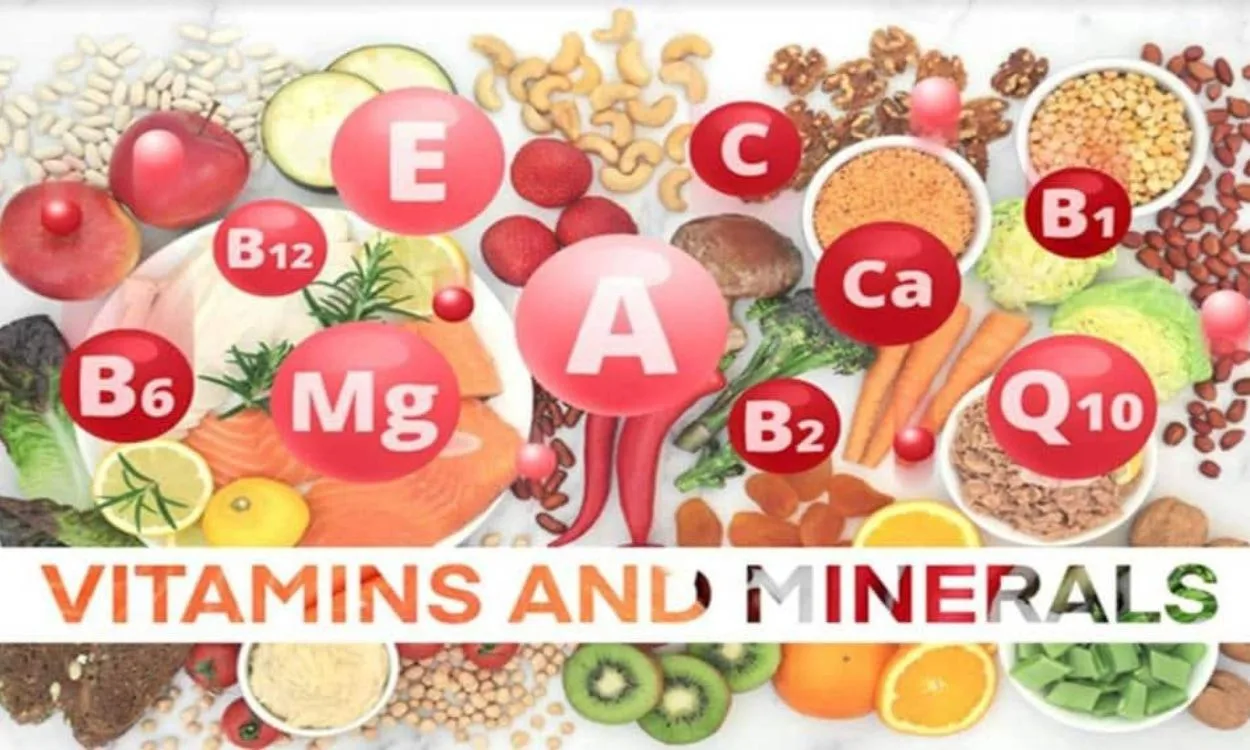Are there any interactions between vitamins and minerals that should be considered?
Vitamins and minerals are essential nutrients that our bodies need in small amounts to function properly. They play a crucial role in various bodily functions, including metabolism, immunity, and overall health. While they are often discussed separately, it’s important to understand that there can be interactions between vitamins and minerals that should be considered. These interactions can affect the absorption, utilization, and effectiveness of these nutrients in our bodies.
Let’s explore some important interactions between vitamins and minerals:
- Vitamin D and Calcium:
- Vitamin D helps the body absorb calcium from the diet.
- Calcium is necessary for strong bones and teeth, while vitamin D is essential for its proper absorption.
- Adequate levels of vitamin D are necessary for optimal calcium utilization.
- Vitamin C and Iron:
- Vitamin C enhances the absorption of iron from plant-based sources (non-heme iron).
- Consuming vitamin C-rich foods or supplements along with iron-rich plant foods can help improve iron absorption.
- This is especially important for individuals following a vegetarian or vegan diet, as plant-based iron is less readily absorbed by the body.
- Vitamin K and Vitamin D:
- Vitamin K is involved in blood clotting and bone health.
- Vitamin D helps the body absorb calcium, which is important for bone health.
- Adequate vitamin K levels are necessary for proper utilization of calcium in the bones, ensuring optimal bone health.
- Vitamin E and Selenium:
- Vitamin E acts as an antioxidant, protecting cells from damage.
- Selenium, another antioxidant mineral, works synergistically with vitamin E to enhance its antioxidant activity.
- Adequate selenium levels can help maintain vitamin E levels in the body.
- Zinc and Copper:
- Zinc and copper have a delicate balance in the body.
- High zinc intake can interfere with the absorption and utilization of copper.
- Similarly, high copper intake can interfere with zinc absorption.
- Maintaining an appropriate balance of these two minerals is important for overall health.
- Magnesium and Vitamin D:
- Magnesium is involved in the activation of vitamin D.
- Adequate magnesium levels are necessary for the conversion of vitamin D into its active form in the body.
- This interaction highlights the importance of both magnesium and vitamin D for bone health and overall well-being.
It’s important to note that these interactions generally occur when nutrients are consumed in excessive amounts or in specific ratios. In most cases, a well-balanced diet that includes a variety of nutrient-dense foods can provide the necessary vitamins and minerals without causing significant interactions.
However, it is always advisable to consult a healthcare professional or a registered dietitian before making any significant changes to your diet or taking supplements. They can provide personalized advice based on your specific needs and health conditions.
Now that we have explored the interactions between vitamins and minerals, let’s dive into how Fitpaa can help you achieve your health and fitness goals.









